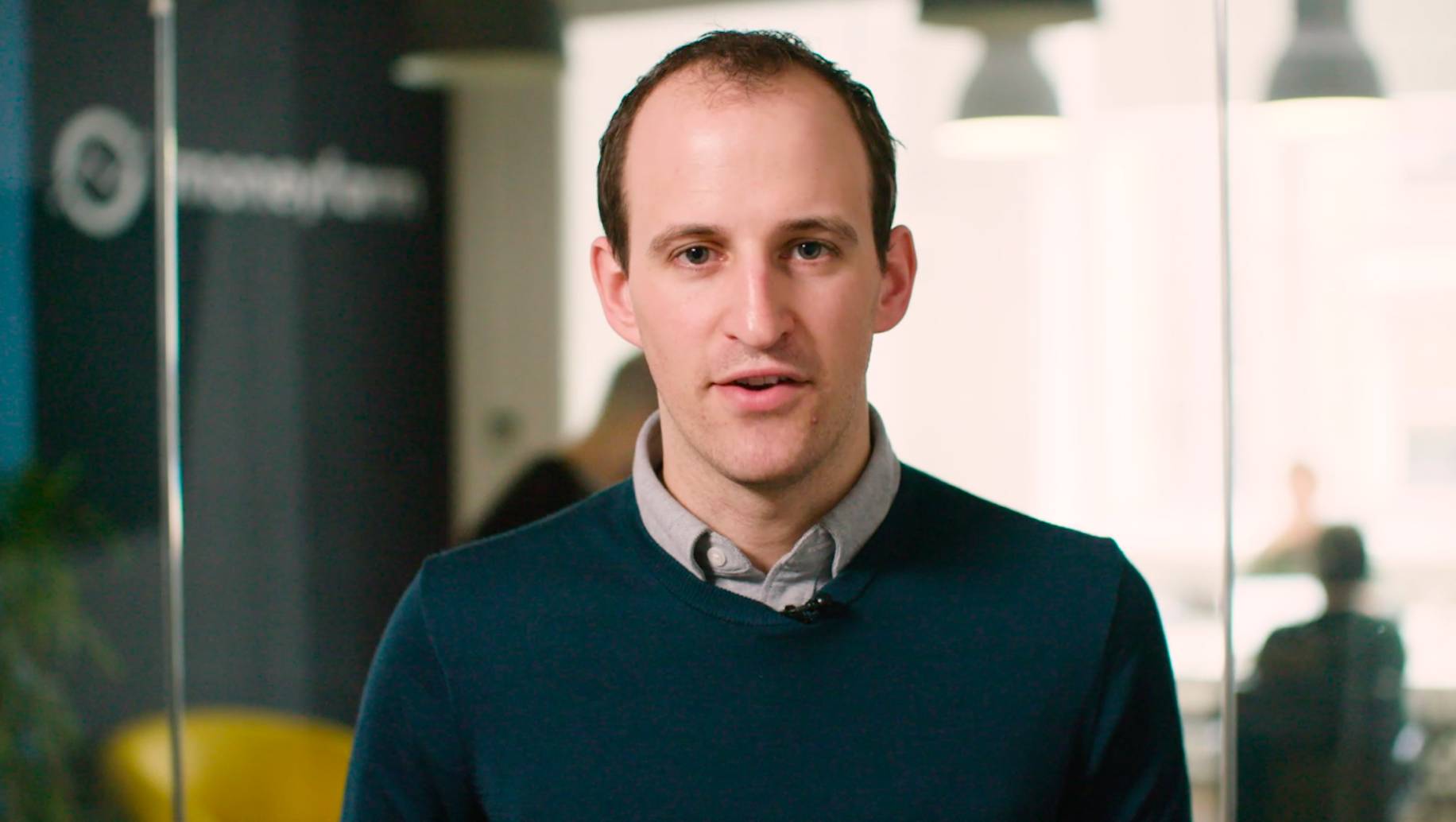It’s common for investors to take a fresh look at their investments in the new financial year. It’s the perfect time to take stock of where you are and understand how you’re going to get to where you want to be.
Investing for the future means investing during the times we live in and making the most of any opportunities in the global markets and minimising risks.
Here, Head of UK Investment Consultants, Will Hedden, explains how Brexit should impact investors’ investment strategy, the lessons learnt from first quarter performance, and details adjustments recently made to the latest rebalancing.
How Brexit should impact your investment strategy
As Will filmed our market update, the UK government was still in a deadlock over how to proceed with exiting the European Union.
A lot can change in a short space of time, so it’s important for us not to let the twists and turns of negotiations influence our investment decisions, instead keeping a long-term focus.
Our Brexit ISA campaign highlights that whilst times might change, a good investment strategy doesn’t need to. We focus on this in three ways at Moneyfarm, through global diversification, low cost and expert management.
Our experienced investment team build and manage portfolios that offer broad diversification to ensure they are exposed to global opportunities whilst minimising risk.
We also keep costs as low as possible without sacrificing on value so you keep more of your money.
This includes ongoing investment advice and access to our Investment Consultants, who are on hand to discuss the performance of portfolios and how global events are impacting your portfolio and Portfolio Reviews.
What lessons can investors take from first-quarter performance?
In December, our Investment Consultants had a number of conversations with investors concerned about their portfolio performance. Financial markets were experiencing volatility as investors feared the Fed’s approach to monetary policy would choke economic growth, a key driver for equities.
It’s common to hear professionals talk about ‘time in’ the market, not timing, helping maximise returns over the long-run. At Moneyfarm we certainly believe a long-term strategy can give an investor an elusive edge.
It’s all about taking on the right amount of risk for your risk profile, which is often closely linked to how long you want to invest for. If you want your money in 12-18 months, it could be more appropriate to keep your money in an easily accessible cash savings account.
If you had been tempted to sell in December, you’d have accepted the losses showing in your portfolio. However, if you’d have given it a little time, you’d have seen portfolios recover, buoyed by the markets tipsy on the change of direction from Central Bank policy.
This macro backdrop has boost the valuations of global shares. Despite the ordinary earnings season, the S&P 500 was the uncontested top performer of the quarter (+14%), followed by Eurozone (+12%), UK (+10%) and Japan (+8%).
In Emerging Markets, China started the year with an astonishing +30%, offsetting weakness elsewhere and pulling the sector up by around 12% on the quarter.
This backdrop helped Moneyfarm to achieve one of the strongest quarters ever seen for its portfolios, as US markets enjoyed their best start to the year since 1998 and best quarter since 2009.
We think it’s important you see these two quarters as quite rare, but it does highlight the reasoning behind our conversations at the end of last year. Sticking to your investment strategy is likely to be the best way to reaching your financial goals on time.
If you have any questions about your portfolios or the potential impact of global events on portfolio performance, please get in touch with our Investment Consultants on 0800 433 4574, who are available to talk through any questions you might have.





